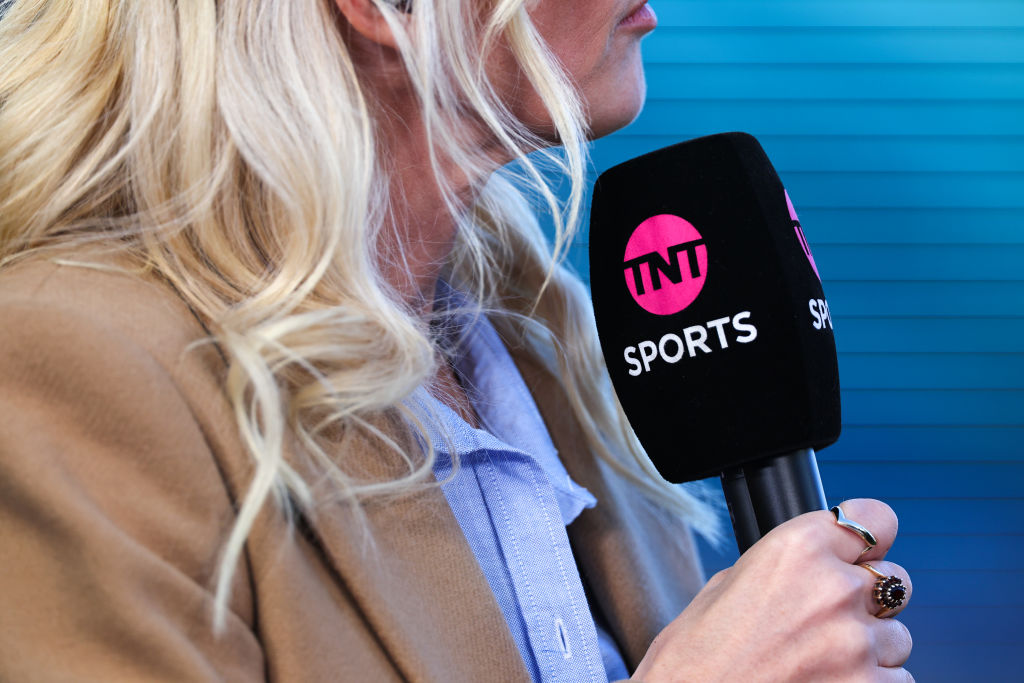Remi Garde: Why Wenger's protégé could be the perfect man to rejuvenate Aston Villa
French football expert Andrew Gibney profiles the man ready to take the reins at Villa Park, and a future replacement for Arsene Wenger...

The best features, fun and footballing quizzes, straight to your inbox every week.
You are now subscribed
Your newsletter sign-up was successful
Want to add more newsletters?

Five times a week
FourFourTwo Daily
Fantastic football content straight to your inbox! From the latest transfer news, quizzes, videos, features and interviews with the biggest names in the game, plus lots more.

Once a week
...And it’s LIVE!
Sign up to our FREE live football newsletter, tracking all of the biggest games available to watch on the device of your choice. Never miss a kick-off!
Join the club
Get full access to premium articles, exclusive features and a growing list of member rewards.
Full name: Remi Garde
Date of birth: April 3 1966
Place of birth: L'Arbresle, France
Played for: Lyon (1987-93), Strasbourg (1993-96), Arsenal (1996-99)
Honours: Ligue 2 (1989), Premier League, FA Cup, Community Shield (1998)
Coached: Lyon (2011-14)
Honours: Coupe de France (2012), Trophee des champions (2012)
As a player, Rémi Garde was unspectacular but dependable. His arrival at Arsenal – on the same day as Patrick Vieira's – set the tone for much of his time in north London; there was minimal fanfare. Yet, despite making just 43 appearances in three years with the Gunners, he did have some impact.
It is understood Garde is set to become Aston Villa's new manager after the sacking of Tim Sherwood. The West Midlands side plumped for a raid on all things Français in the summer – in came Idrissa Gueye (Lille), Jordan Veretout (Nantes), Jordan Amavi (Nice) and Jordan Ayew (Lorient) – so it’s fair to say there is no way the 49-year-old would fly under the radar in quite the same way he did in 1996.
The protégé
He was 30 at the time, but he seemed much older. I think most of us saw him as a virtual player-coach, even though he wasn't part of the coaching team
After three years as Lyon’s head coach, Garde left the Ligue 1 club in the summer of 2014 to take a break from football. But with his former club qualifying for the Champions League this season, it's clear his tenure had the desired effect. It was a long journey through the ranks at les Gones, but all the signs are that he is now ready to influence at one of English football’s great underachievers.
Before moving to England, an 18-year-old Garde started his career in Lyon’s youth side, graduating to the first team at 22. After 158 appearances over six years, he moved to RC Strasbourg, just as his soon-to-be mentor Arsene Wenger had done 15 years previously.
There is no doubt that Garde’s apprenticeship began as soon as he joined up with Wenger in 1996, in turn helping to accelerate the radical changing of the guard at Highbury.
Former Arsenal defender Adrian Clarke recalled Garde’s influence before leaving the club in 1997. "It was almost as if he was there to teach the rest of us what Wenger wanted in terms of his passing, movement and attitude," he told The Independent in 2011. "At a time when the old guard were sceptical about Wenger and his methods he was almost a link between them and the new gaffer."
The best features, fun and footballing quizzes, straight to your inbox every week.
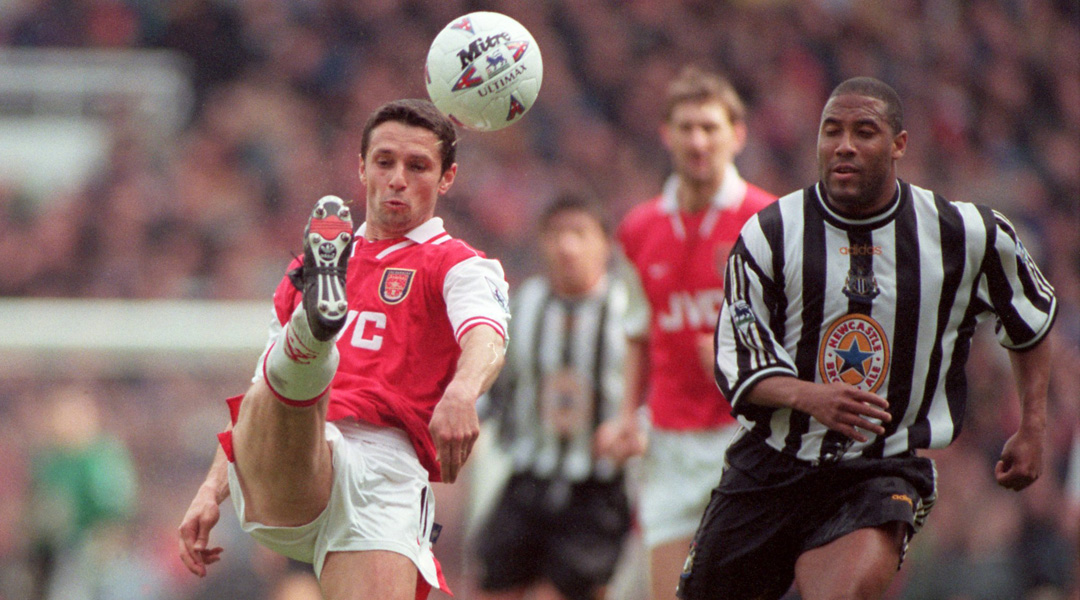
"I do recall Wenger chatting to him one-on-one several times after training as we all wandered in," says Clarke. "He was 30 at the time, but he seemed much older. I think most of us saw him as a virtual player-coach, even though he wasn't part of the coaching team."
Stopping the rot
Part of Garde’s first remit was to severely cut Lyon's wage budget and move the team towards the youth players in whom he had invested so much time and effort
After his retirement in 1999, Garde took some time off. He would appear on commentary duty beside Wenger, continuing his studies under the great man, until returning to his boyhood club as a coach in 2003. Spells spent as an assistant to both Paul Le Guen and Gerard Houllier were followed by a move behind the scenes as director of the training academy. Then, eight years after making his return, the departure of Claude Puel after a sixth-place finish meant Garde finally took the job he'd turned down a few years earlier.
On paper, the side Garde inherited was more than capable: Hugo Lloris, Dejan Lovren, Yoann Gourcuff, Lisandro Lopez and Bafetimbi Gomis to name a few. However, part of Garde’s first remit – something ideal for his new role – was to severely cut Lyon's wage budget and move the team towards the youth players in whom he had invested so much time and effort.
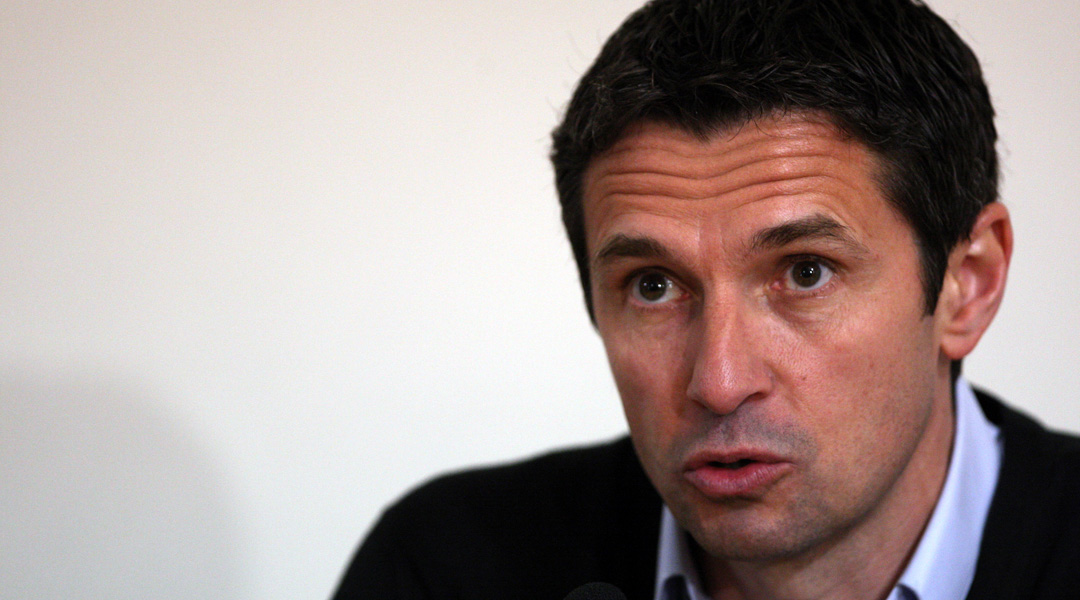
Stars quickly left the club; the exodus partly an attempt to recoup losses made on mistakes made as Lyon chased their Champions League dream. Extravagant wages made it hard to move everyone on, leading to the likes of Lloris and Anthony Martial departing for less than what they were worth.
RECOMMENDED How Martial became Man United's most vital attacker – and where he must play
Last season, Lyon boss Hubert Fournier deservedly received plaudits for the way his young Lyon side played. However, some of that praise should filter down to what Garde built during his three years at the club. When Lyon won seven straights titles in the early 2000s, les Gones were famous for their 4-3-3 formation. Puel struggled to incorporate that famous style and it was no surprise when Garde changed things up.
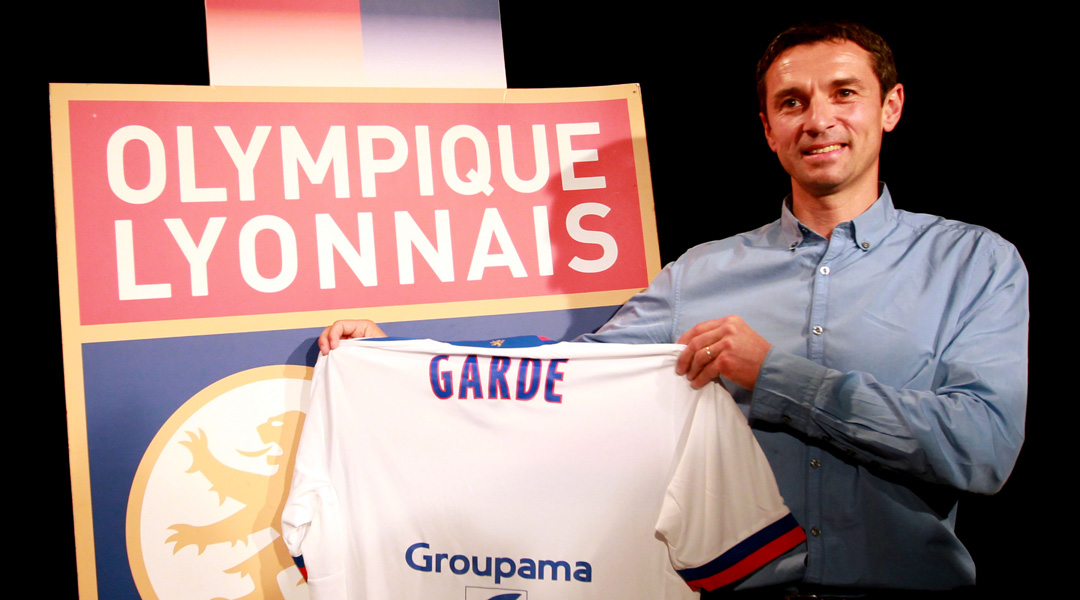
Possibly influenced by his time under Wenger, Lyon moved to a version of 4-4-2, with the versatility of his young and vibrant players often making his team a joy to watch. It would be easier to label the formation 4-3-1-2, with captain Maxime Gonalons at the base of the midfield diamond, either Clement Grenier or Gourcuff at the tip and a mixture of hard-working, dynamic midfielders either side.
Gonalons sitting deep allowed the full-backs to push on, and left-back Henri Bedimo contributed nine assists in Garde’s final season. Playing two up front also helped accelerate the rise of Alexandre Lacazette. After moving in from the right wing, the forward found space across the final third and to help free up Gomis to spearhead Lyon's attack.
Shaping a squad
When Garde’s Lyon were on song, they were irresistible. Despite often being classed as counter-attacking, they would still take the game to their opposition
Garde’s style at Lyon could translate to Villa's current squad. He will hope to get better use out of £8 million compatriot Veretout than Sherwood did, while in Amavi he has the attack-minded full-back who could repeat Bedimo's creative streak at Lyon. There is talent at Villa Park, then – but to release its full potential, Garde's ideals and philosophies need to follow him into the new role quickly.
When Garde’s Lyon were on song, they were irresistible. Despite often being classed as counter-attacking, they would still take the game to their opposition, incorporating the same passing style that he helped Wenger introduce at Arsenal, but with his own personal touches.
Garde gave many of Lyon's current crop their chances in the first team too, helping to guide their early careers and prepare them to follow the same path he'd followed 13 years earlier. Villa youngster Jack Grealish was disappointed to see Sherwood leave, but the 20-year-old should know he'll be in similarly approving hands with his new boss.
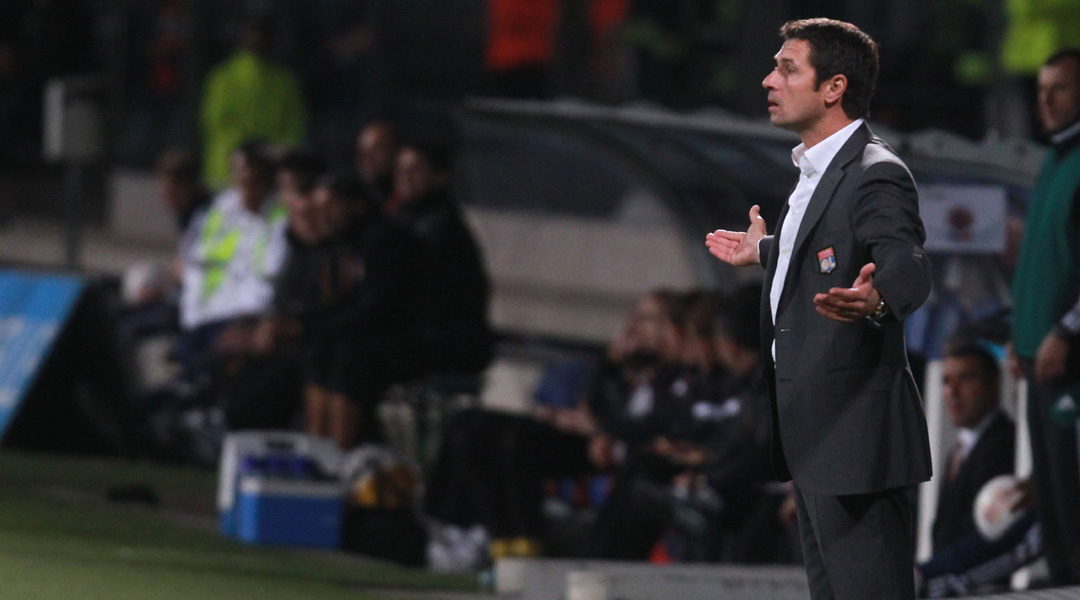
One thing that may worry or give confidence to Villa's top brass is Garde’s stubbornness to protect his project. The Frenchman isn't one to sit back and let those above him walk all over his hard work. Last January, when Napoli made a €13 million bid for Garde’s captain Gonalons, the coach – keen to stress the importance of his midfield protector – gave the board an ultimatum: he was willing to quit there and then if his player was sold.
Garde came out on top – and current Lyon boss Fournier has him to thank for his current skipper's continued presence.
Job in hand
This is a man who, from 2003, was heavily involved in making Lyon the club they have become over the last 12 years
Villa fans may be concerned about Garde’s decision to step away from Lyon after just three seasons in charge. "The reasons are personal and family. I feel the need to take a break," the Frenchman admitted at the time.
But this is not a manager who found the task of guiding one of France’s top clubs too much. This is a man who, from 2003, was heavily involved in making Lyon the club they have become over the last 12 years. He has had to deal with a club downsizing from after seven straight titles. Now he must deal with one slipping alarmingly towards the second tier for the first time since 1987.
When he took the head coach job at Lyon, Garde was instantly labelled the heir to Wenger’s Arsenal throne. And while there's still some way to go before he matches his former boss's achievements, he could take a step closer by bringing some smiles back to Villa Park. It's been a while.
 Join The Club
Join The Club










